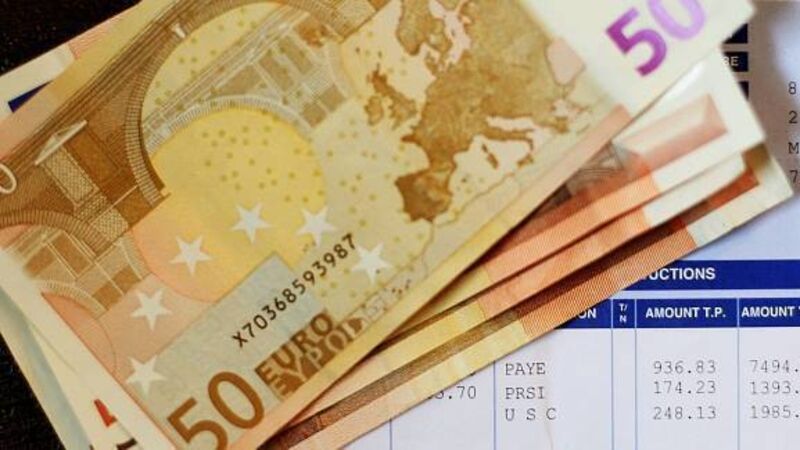Minimum wage plan polarises opinion

The polarised views on the wages 100,000 people nationwide depend on were outlined by the competing sides of the debate after details of the long-awaited Low Pay Commission report were revealed at the weekend.
The commission was set up last year in response to calls to ensure any economic recovery is properly shared across society.













